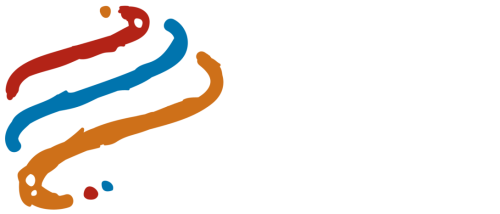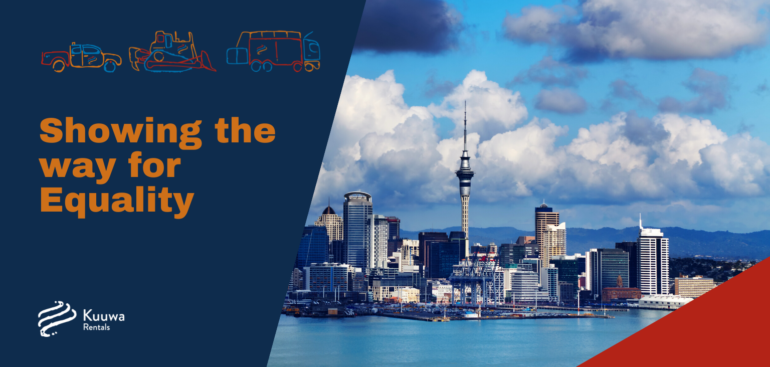Too often we are led into the comfortable notion that equality is merely an economic issue that will be solved if we dump money on top of it until it no longer becomes apparent, and it’s easy to see why.
Talking big numbers is great for social gain, it earns us newspaper headlines and social media likes, and we get to dust off our hands with a sense of accomplishment without actually giving a second thought to the actual effects of our actions.
Unfortunately things are not so simple and if equity for social, racial and economic minorities we’ll need to talk less about short term solutions and more about direct action that has an effect on several generations into the future.
Last week I had a look at Canada and more great examples actions can be found in countries like New Zealand that have made creating an equal society for the native Maori more than just a bill you have to pay at the end of the month.
Scholarships
“Give a man a fish, and he will eat for a day, teach a man to fish, and he will never go hungry”. You’ve heard it before. But we could take it a step further and give him a college degree he can decide whether he likes fish or not.
We can see New Zealand playing this out by creating scholarship programs that are targeted specifically for Maori learners, giving them the opportunity to reach higher positions within society from where they can represent the interests of their own community.
One of the very first requirements for equality is that all groups involved are to have a voice through which they can actually communicate their needs, which does not happen if minorities exist only as recipients of economic incentive.
Targeting Maori students for scholarships also allows them to find higher paying jobs, thus contributing to greater financial equality in a more permanent way that allows for the breaking of cycles of poverty.
A Nanny Network
Another kind of need that can never be fulfilled through money are emotional and psychological needs, such as being raised in a caring environment that allows for children to develop a healthy psyche.
To this end the Oranga whānau program was created with the intention of providing maori families with a network of nannies trained to support parents and caretakers by sharing values, knowledge and positive parenting practices.
By strengthening the structure of Maori families you give the children a more solid basis of support from which to develop and stimulate better performance at school, opening up new opportunities that would not be there otherwise.
When we see a child misbehaving or failing in class our first reaction is always to think that there is something wrong with them, never looking at the reality that awaits them outside school grounds where the lack of a proper family structure can drag them down.
How can we expect children who come from a situation of extreme need to succeed when they have to ditch homework to take care of their brothers? Or when they are not eating properly? Or when they are distrustful of adults because of traumatic experiences?
Leadership Development
One aspect of fomenting equality that is not discussed enough is the importance of raising leadership within unprivileged groups that are able to represent them from within, we have talked about the part that education plays in this, but there is more.
After all, having a college degree doesn’t mean you have all the necessary tools to organise people, or speak for them in public and these are things that need to be learned if effective activism is to take place.
In New Zealand we already see this distinction being recognised and acted upon in the form of Maori leadership program within Fletcher Building where workshops take place to guide Maori employees into building their own network within the company.
The implementation of Maori leaders means that communities can focus their efforts under focused actions with clear goals, be it the creation of new businesses, the pursuit of specific causes or just the proper representation of these groups within society.
Among the outcomes achieved by this program include the implementation of the Maori Language within the company, creating a bi-lingual space within Fletcher building, as well as the creation of an intranet page of Maori Success stories.
Supported Businesses
There are also a large number of initiatives focused at aiding in the development of new Maori businesses through the teaching of administrative skills, helping them identify their needs and facilitating for owners to find investors.
The long term financial benefits of enabling new Maori-owned businesses should be clear to all, but there is also the fact that this increases the access to services in their communities, increasing their overall value along with the quality of life of the Maori that live there.
New Zealand also has actions turned towards Maori collectives and trusts by providing them with advisors partners and trainers that will enable these trusts and help them identify new opportunities, so they can become major business ventures.
Programs such as these are essential because they allow for the development and enrichment of Maori communities, which become more self reliable and gain a greater speaking space within society.
Conclusion
If we are going to take equality seriously and make it be more than just a buzzword for social media and political campaigns, it’s about time we started talking about results, about direct support that brings perceivable effects into the lives of marginalised groups.
This goes beyond writing a check or creating politics that put a bandage over the problem without addressing its actual roots, which can only be done if those marginalised groups are being heard in the first place.
So if you are not the type of person that just talks about equality, a good place to start is in the supporting of Indigenous-owned businesses, in taking direct actions that strengthen their communities and empower them to speak for themselves.
In the meantime we will be over here bridging the gap between Indigenous businesses and the mining sector as best we can.

